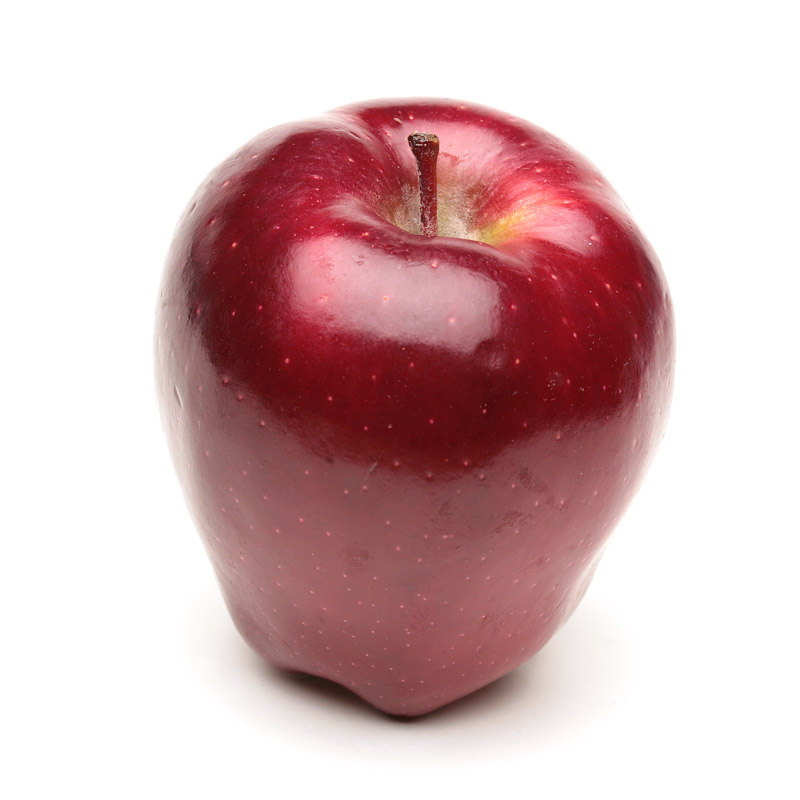 Time Magazine recently printed a pretty underwhelming article, "What's So Great About Organic Food?." It's such a disappointment when the major media picks up an important topic and completely fumbles it, as Jeffrey Kluger does in this piece.
Time Magazine recently printed a pretty underwhelming article, "What's So Great About Organic Food?." It's such a disappointment when the major media picks up an important topic and completely fumbles it, as Jeffrey Kluger does in this piece. Kluger does not define "organic food," either by the USDA's official certification or by the original intent of back-to-the-earthers. He fails to point out the false dualism of "natural" vs. "synthetic" and does not discuss whether this type of risk assessment makes sense. Particularly irksome is his declaration that "There is broad agreement that biopesticides are not as dangerous as synthetic pesticides..." While also not defining this term, he implies "biopesticide" is synonymous with "organic pesticide." It's not.* Bt toxin, sulfur and copper are all "organic" pesticides, but while the first is pretty harmless, the latter two are extremely dangerous - both to us and our environment. Bt toxin would have been a particularly instructive example: if Bt toxin is safe, shouldn't it be okay to make certain synthetic manipulations of it? might it be okay to genetically engineer a plant to produce it? With this level of sophistication, it's not surprising that Kluger also fails to point out the huge variation in toxicity of "synthetic" pesticides, e.g. atrazine (dangerous!!) and glyphosate (almost harmless).
Kluger sees agriculture as black and white. The full complexity of agriculture is melted into two opposite and opposing camps: "...two sets of producers - and their two sets of consumers..." In Kluger's food system, all organic food is local and supermarket tomatoes taste bad because they're not grown organically. While he discusses the extent to which many modern crops have been selected for appearance and shipping traits over flavor, he somehow still completely conflates this characteristic of plant genetics with the agronomic methods that define organic food. He generalizes that organic food tastes great, is grown from heirloom varieties, is extra good for you, is grown locally and is extra expensive. Alternatively, conventional food tastes bland, is "over-engineered," might be bad for you and is affordable. I expect my readers are aware that plenty of organic food is produced on massive industrial farms from modern poor-tasting varieties and shipped thousands of miles. This missed opportunity to discuss the full variation and very real challenges of agriculture is very disappointing.
Kluger blames the farmers. Seizing on the Red Delicious apple, Kluger chides farmers for providing overly "manipulated" foods to the consumer, somehow oblivious to our responsibility in the food system. When we only buy the biggest, reddest apples, we shouldn't be surprised that this preference ripples all the way back to the farm, where only the apple varieties that produce big, red fruit secure profitable yields. Pointing out that this (formerly tremendously successful) variety is now obsolete for our market doesn't do anything to illuminate his putative thesis; "when is the added expense of purportedly higher quality, more sustainably-grown food justified?"
Throughout this article, Kluger equivocates on the advantages of organic food. He pays lip service to the idea that not all organic food is better than non-organic food (or at least not for the added expense) but does so with no real depth or insight. He repeatedly drags out tired hypothetical advantages of organic methods (e.g. bovine growth hormone might affect human development***) and then declares that intervening studies haven't settled the issue yet. The entire article gives the impression of a great question that, upon further research, revealed no clear answer, begging the question: then why did you write this article?
*According to the EPA, biopesticides are a class of naturally-occurring compounds, often produced by organisms. While biopesticides generally ARE safer than conventional pesticides, this classification includes many synthetic and genetically engineered chemicals, such as Bt toxin.
**Dr. Oz also wades into a discussion in which he is not qualified to contribute - most laughably by suggesting that peeling fruit is an excellent way to get your nutrients without accompanying pesticide residuals. As I'm sure most of you are aware, it's very common for the peel to be the primary/sole location for vitamins and antioxidants.
*** BGH has been approved by the FDA, and with all the attention it's gotten, I'd be very surprised if endocrinologists think there's any potential for cross-species activity

Well said... there are so many interesting, valid, points to be made and discussions to be had about food and how we make it -- why does so much of the media still seem to be stuck in this tired, lame, organic vrs conventional debate?
ReplyDeleteWell, let's not forget that Time magazine is for children... http://onion.com/aB4cpn
ReplyDeleteThis is a great critique. Mind if I link to it from FB?
ReplyDeleteSure! You don't have to ask to publicize me;)
ReplyDelete